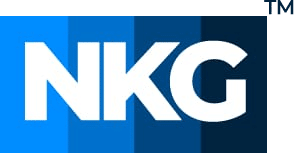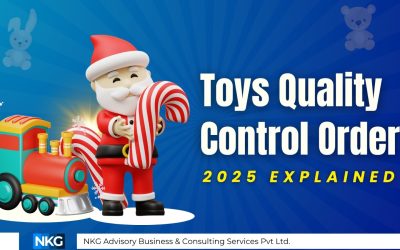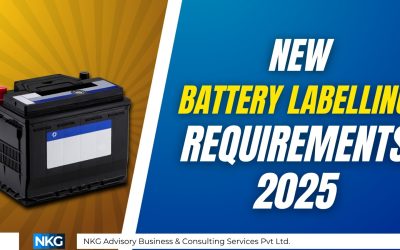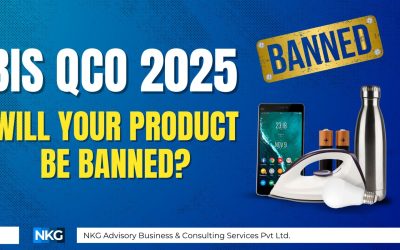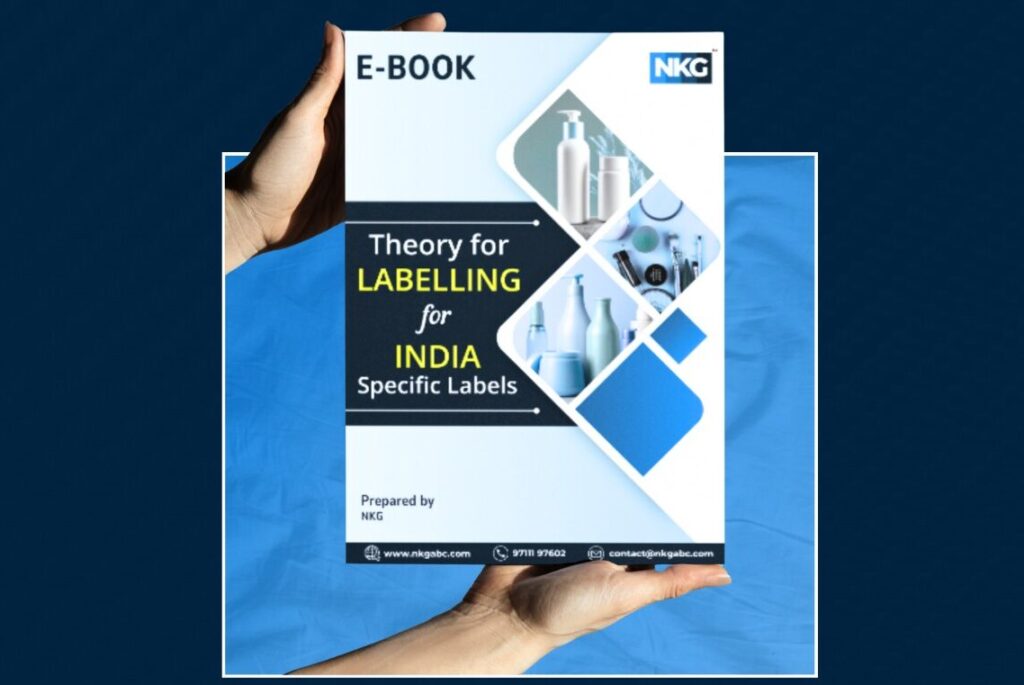Introduction
The Ayurvedic industry in India is thriving, with more businesses turning to natural and traditional remedies. However, before launching an Ayurvedic product, manufacturers must obtain an Ayurvedic manufacturing license to ensure compliance with safety, quality, and efficacy standards. The approval process involves multiple steps, but with the right guidance, it can be navigated smoothly. This blog breaks down the key stages of obtaining an Ayurvedic manufacturing license, helping businesses understand the process clearly and simply.
Why an Ayurvedic Manufacturing License is Essential
Under the Drugs and Cosmetics Act, of 1940, an Ayurvedic manufacturing license is mandatory. It ensures that manufacturers follow Good Manufacturing Practices (GMP), maintain hygiene standards, and produce medicines that meet regulatory guidelines. Without proper approval, businesses cannot legally manufacture or sell Ayurvedic products, making this license crucial for starting a compliant Ayurvedic enterprise.
Types of Ayurvedic Manufacturing Licenses
There are mainly two types of Ayurvedic manufacturing licenses:
- Classical Ayurvedic Medicine License – Required for manufacturing products based on traditional formulations mentioned in Ayurvedic texts.
- Patent/Proprietary Ayurvedic Medicine License – Required for manufacturing new formulations that are not listed in classical texts but are developed based on Ayurvedic principles.
Step 1: Plan Layout Development for Approval
Before applying for a license, manufacturers need to develop a structured plan layout for their production facility. This layout must align with GMP requirements and cover key aspects such as designated storage areas for raw materials, production zones, quality control sections, and packaging spaces. Proper ventilation, sanitation, and workflow design are essential to ensure efficiency and prevent cross-contamination. Once finalized, the plan layout is submitted for approval, marking the first step toward obtaining the license.
Step 2: Licensing Process and Documentation
Once the facility layout is approved, manufacturers can proceed with the licensing application. The application requires detailed documentation, including:
- Covering letter and application fee payment.
- Self-assessed checklist of required documents.
- Form 24-D (for a maximum of four products under each form).
- Product list as per new guidelines.
- List of excipients/additives used in the formulations.
- Stability testing report (if applicable).
- No Objection Certificate (NOC) from pollution control authorities.
- Affidavits as per regulatory requirements.
Regulatory authorities conduct a thorough review to verify adherence to Ayurvedic GMP guidelines. A gap analysis is often performed to ensure all required documents are in place before submission, reducing the chances of delays or rejections.
Step 3: Regulatory Review and Inspections
The licensing process involves multiple evaluations by regulatory bodies. Authorities assess the facility, manufacturing processes, and product formulations to confirm compliance with Ayurvedic standards. If any discrepancies are found, manufacturers may need to make adjustments and resubmit documents. In some cases, additional approvals, such as a No Objection Certificate (NOC) from pollution control authorities or small-scale industry departments, may be required.
Manufacturers must also ensure that their products meet safety and efficacy standards. For proprietary formulations, additional documentation such as a Certificate of Analysis (CoA) and Method of Analysis may be required to validate the product’s safety and effectiveness.
Step 4: Approval and Final Compliance Check
After meeting all regulatory requirements, manufacturers receive their Ayurvedic manufacturing license, which grants them the legal authority to produce and sell Ayurvedic products. However, compliance does not end here. To maintain the license, companies must perform regular audits, and quality control checks, and adhere to updated guidelines. Companies must also stay informed about regulatory changes to avoid penalties or license revocation.
Additionally, mandatory departmental visits may be required for technical personnel to gain hands-on experience in regulatory procedures and compliance measures.
Common Challenges in the Licensing Process
While obtaining an Ayurvedic manufacturing license is essential, manufacturers often face several challenges, such as:
- Complex Documentation: The extensive paperwork can be overwhelming, leading to delays in submission.
- Regulatory Delays: Approval processes may take longer due to stringent compliance checks.
- Facility Compliance Issues: Not meeting GMP standards can lead to rejection or additional modifications.
- Lack of Awareness: Many businesses struggle with understanding the latest regulatory requirements and procedures.
Conclusion: Simplifying the Licensing Journey
While obtaining an Ayurvedic manufacturing license may seem complex, thorough preparation and compliance can make the process seamless. With the right expertise, businesses can ensure they meet all regulatory requirements efficiently. If you need professional assistance in securing an Ayurvedic manufacturing license, NKG Advisory provides end-to-end support to help you navigate the approval process with confidence.
By staying informed and working with experts, businesses can focus on their Ayurvedic product development while ensuring full compliance with legal standards. Reach out to us today for expert guidance on your Ayurvedic manufacturing license journey!
Looking for more insights on compliance, certifications, and industry updates? Explore our blog page for expert guidance and actionable information. Visit Now
